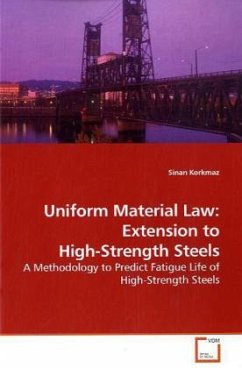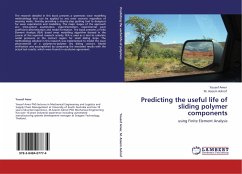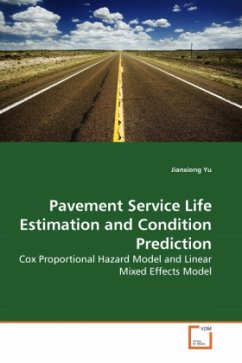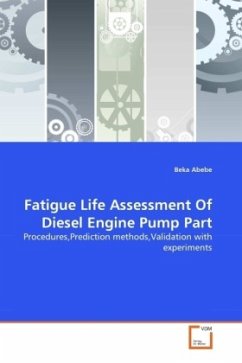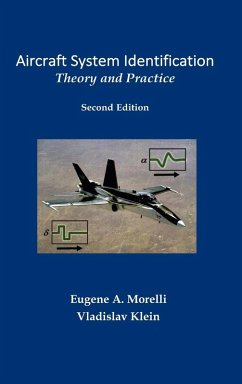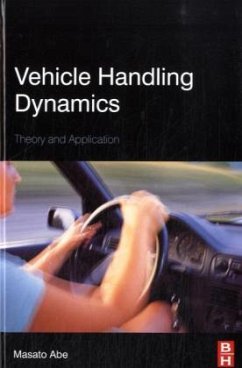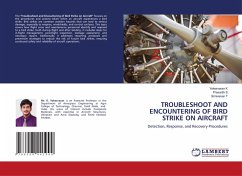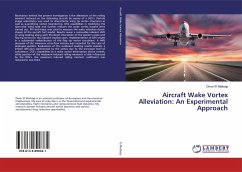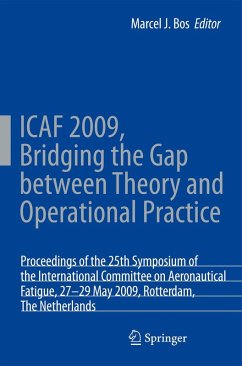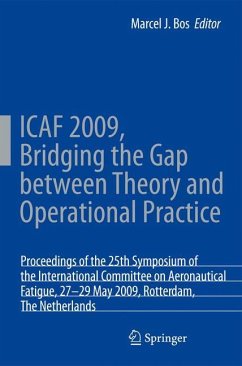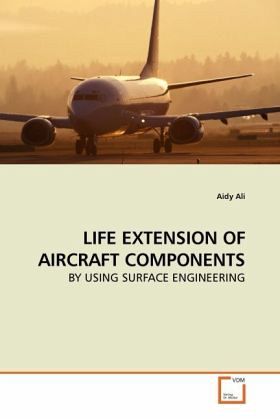
LIFE EXTENSION OF AIRCRAFT COMPONENTS
BY USING SURFACE ENGINEERING
Versandkostenfrei!
Versandfertig in 6-10 Tagen
52,99 €
inkl. MwSt.

PAYBACK Punkte
26 °P sammeln!
Aircraft components suffer from fatigue failures, the majority of failures take place at the component joints. Friction Stir Welding (FSW) is a new candidate as an advanced joining method, that promises cost reduction and structural efficiency compared to conventional joining processes such as riveting, bolting, plasma welding and laser beam welding. Nevertheless, until now FSW not yet been demonstrated as a sound quality joining process that is resistant to fatigue. In the present work, FSW of 2024-T351 aluminium alloy was characterised in terms of macrostructure, microstructure, hardness, pr...
Aircraft components suffer from fatigue failures, the majority of failures take place at the component joints. Friction Stir Welding (FSW) is a new candidate as an advanced joining method, that promises cost reduction and structural efficiency compared to conventional joining processes such as riveting, bolting, plasma welding and laser beam welding. Nevertheless, until now FSW not yet been demonstrated as a sound quality joining process that is resistant to fatigue. In the present work, FSW of 2024-T351 aluminium alloy was characterised in terms of macrostructure, microstructure, hardness, precipitate distribution, and weld residual stress. Cyclic properties and fatigue endurance. One surface engineering treatment, controlled shot peening was used to overcome the fatigue susceptibility in FSW caused by tensile residual stress, and shows tremendous life improvement. The understanding and knowledge of the fatigue behaviour of FSW gained from this research is also useful in the design stage. Ultimately, the findings from this research and other work gives the manufacturer a sound basis for decision, whether or not to use this joint for aircraft applications.



